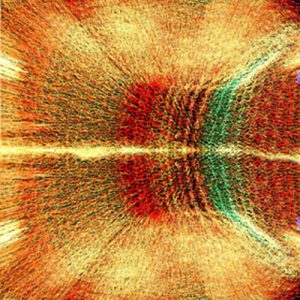
Others describe a new field, like magnetic fields, electric fields, and gravitational fields, that permeates the universe, called quintessence. One key difference from the vacuum energy is that quintessence would vary with time, so it might not show up at all in the early universe but exert a powerful influence today. There are several hypotheses of quintessence fields, and in each one, each with a different outcome for the future of the universe.
So far, there’s no evidence of dark energy particles or fields. Discovering them would require not only the efforts of astronomers, but new experiments using very powerful particle accelerators.
